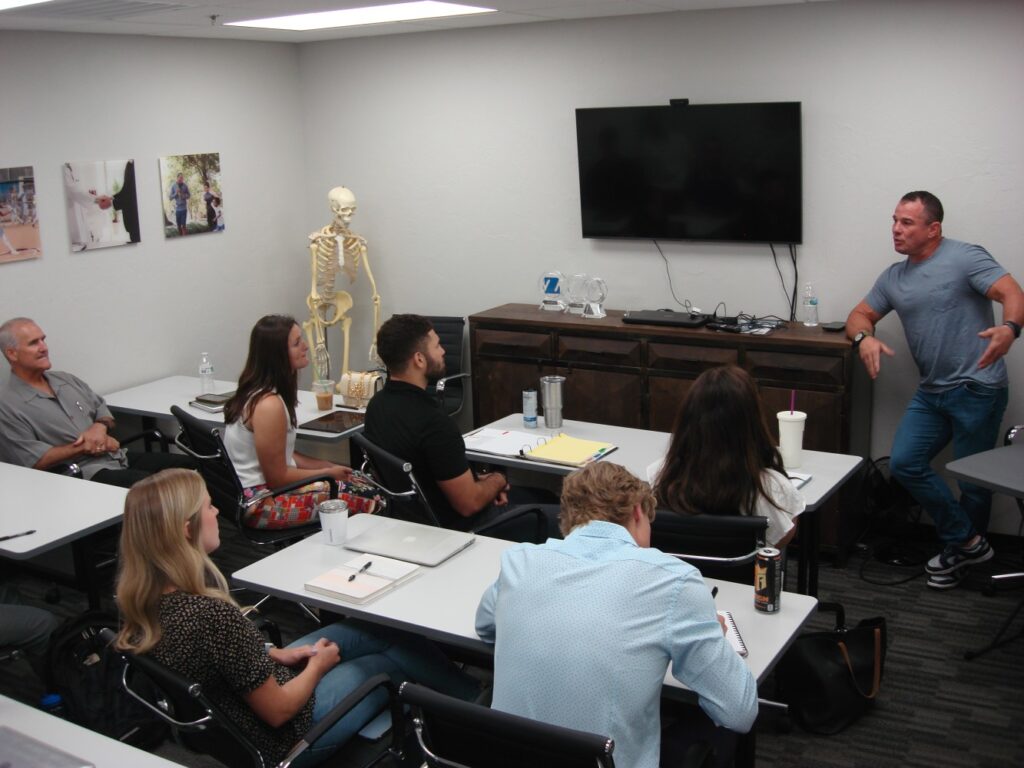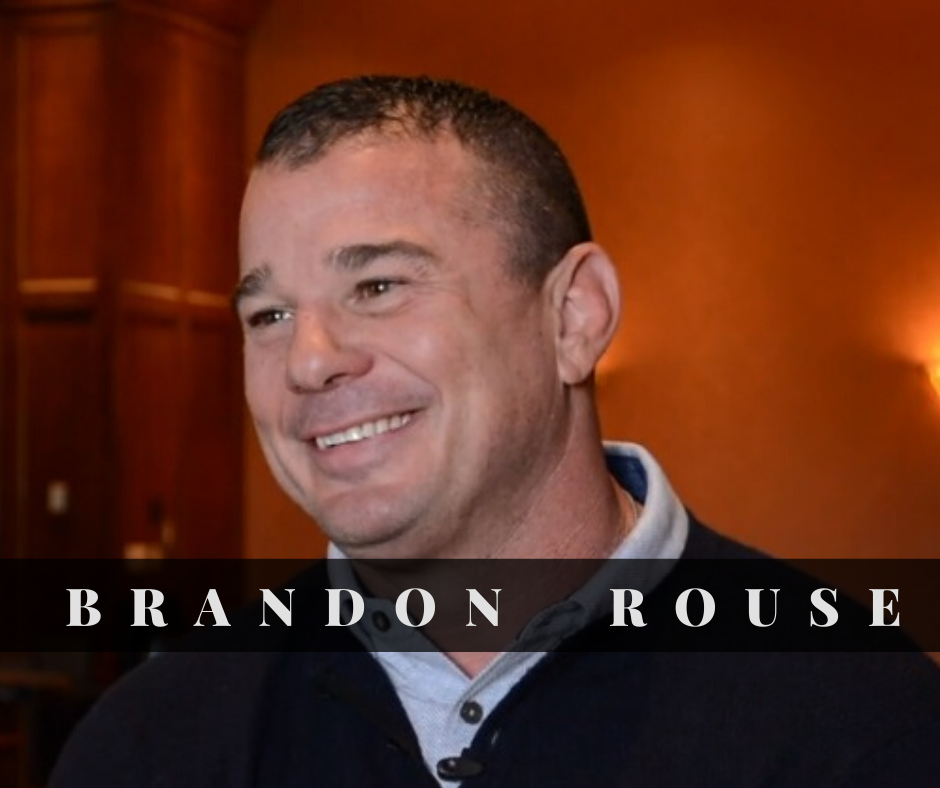In the fast-paced and competitive healthcare industry, there’s often an unspoken expectation of perfection. Many experience it in the relentless pursuit of flawless service and flawlessly executed strategies. While it is natural for some to strive for perfection, its important to stay grounded when setting business expectations. As the CEO of Rx Medical, my team and I manage rapid advancements in the medical devices field. Doing our part to help improve patient outcomes is our objective, so we work daily to stay on the cusp of knowledge to maintain our competitive edge. While not always easy, we’ve learned that embracing imperfection on the path to progress is what counts most. In this month’s publication, explore why I believe striving for perfection is not more important than seeking progress.

Perfection is an unattainable goal. No matter how hard we try, there will always be room for improvement. In our world, the stakes are high and people’s lives may depend on the products and services we provide. The pressure to want to achieve perfection can be overwhelming. However, leaders must recognize that the pursuit of perfection can actually hinder progress in business. Perfectionism often leads to a fear of failure; when people fear failure, it can stifle employee creativity and innovation. It can also lead to stagnation and missed opportunities for growth.
Focus on Progress
Progress, on the other hand, emphasizes learning, growth, and improvement. A progress-oriented mindset allows for experimentation, innovation, and agility. It encourages employees to take risks, learn from mistakes, and continuously strive for better solutions. By shifting the focus from perfection to progress, leaders have the opportunity to create an environment where teams feel supported and motivated to cultivate innovative solutions. In our family of healthcare businesses, we’ve learned that productivity isn’t always about getting MORE done. It’s about WHAT you get done. Some perfectionists tend to experience snafus that can negatively impact productivity. Additional examples might include hesitation to act or holding onto dated habits that might be hurting vs. helping business grow.
Golf is a great sport that demonstrates the core message of this topic. The game requires a mindset of constant learning and adaptation. Each golf course presents its unique set of challenges, and players need to learn how to navigate them. No golfer can master every aspect of the game. However, when their focus shifts to continually improving and adding new skills to their repertoire, the game (and the player) evolve. Like anything, if we seek to overcome challenges, we must first acknowledge we have them, then put in the work to obtain the best possible outcome.
Leaders Must Lead by Example
To foster a growth-mindset and encourage progress across both professional and personal interests, I believe it imperative for leaders to lead by example. When we openly acknowledge our own mistakes, and share lessons we’ve learned along the way with our teams, we give permission for others to do the same. This vulnerability creates a safe space for employees to take risks and learn from their failures. In addition to leading by example, leaders must provide encouragement and support as employees face challenges. Instead of focusing on the negative aspects of any given situation, my leadership team and I emphasize learning opportunities by pointing out the potential each challenge presents. By framing challenges as stepping stones to progress and growth, leaders can inspire teams to embrace change and strive for continuous improvement.

Perfectionism stems from a desire for excellence but can become self-sabotaging when it leads to other unproductive behaviors such as overdelivering beyond what is necessary or overanalyzing every decision to the point where time is not utilized efficiently. Leaders can support employees by establishing guidelines or shortcuts (such as setting a limit on how many times a decision can be considered or determining when it is appropriate to meet expectations versus exceeding them). Regularly reassessing commitments and habits can also prevent the negative consequences of perfectionism.
📌LEADERSHIP CHALLENGE: Consider specific steps you and your leadership team can take at this time to invite workplace mindset shifts from perfection to progress.

Brandon Rouse leads a diverse & growing team of professionals well-versed in the challenges facing healthcare. Headquartered in OKC, OK, Brandon’s experienced team represents various technological & innovative medical solutions. ZB RX Medical is a direct distributor of Zimmer Biomet.

